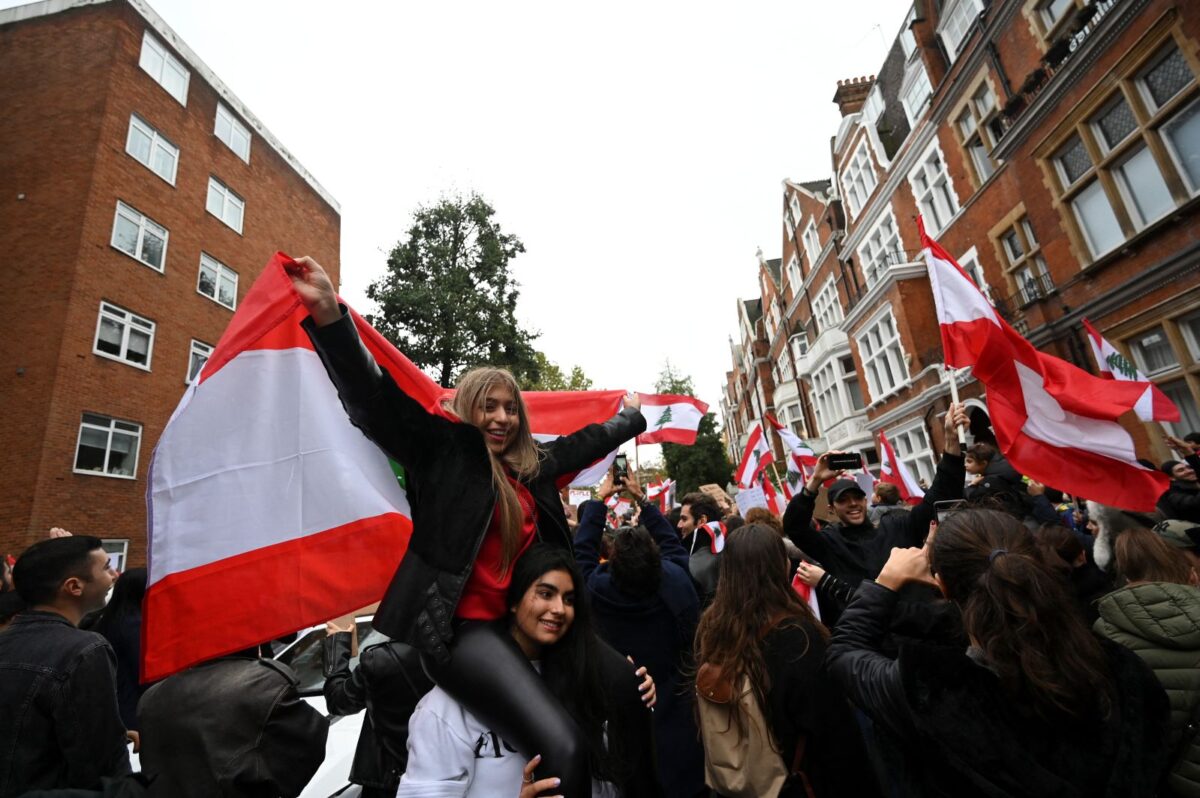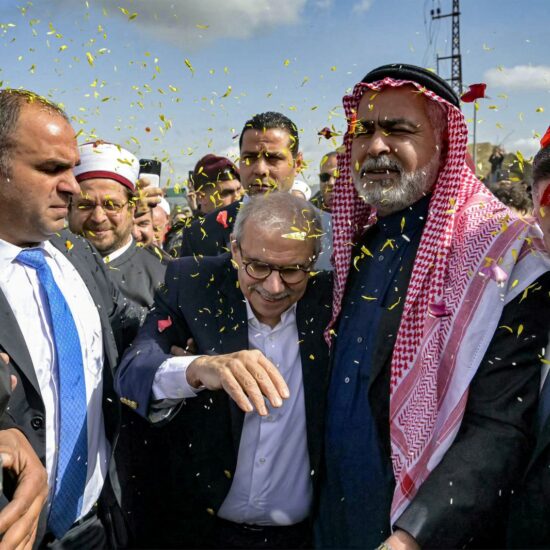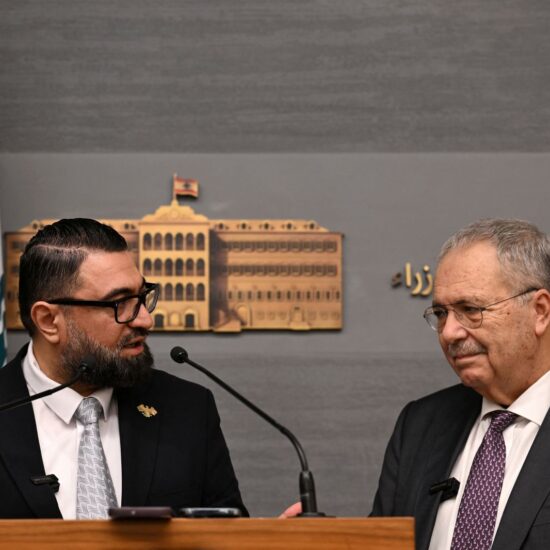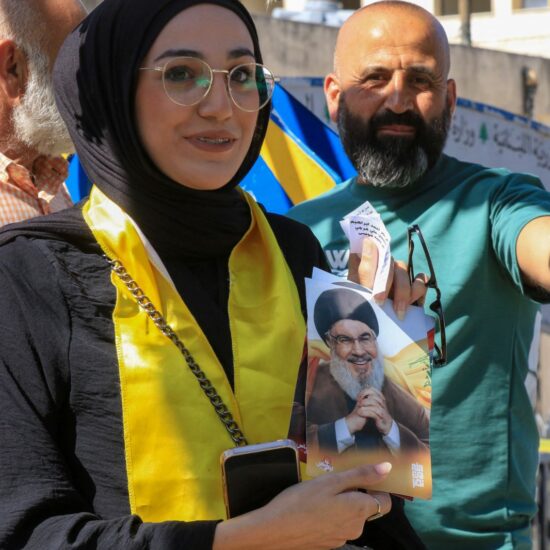
In 2022, the Lebanese diaspora demonstrated that it could shape political outcomes — but only when an internal movement at home sets the pace. Today, with the absence of any cohesive political and national project or even energy, the fundamental question resurfaces: Where does change truly begin, and who will ignite the next momentum?
Since the last parliamentary elections, it has become clear that expatriate Lebanese are no longer passive observers or nostalgic supporters cheering from afar. They have become an integral political force, capable of reshaping the national landscape. The 2022 vote was pivotal: a surge in participation, voting patterns that challenged traditional sectarian loyalties, and results that reflected a society eager for new political representation.
That moment did not emerge from a vacuum. It was the natural outgrowth of October 17, 2019 — when fear was lifted, the public sphere expanded, and Lebanese at home and abroad unified around a single, urgent demand: to reclaim the state from a system built on weapons, corruption, and patronage. A system that had long exhausted its moral and political legitimacy. This collective momentum — loud, organized, and undeniable — forced the ruling establishment to retreat and concede a historic demand: that the diaspora would vote for all 128 parliamentary seats rather than a symbolic six. Nothing about that concession was voluntary; it was imposed through pressure, organization, and grassroots energy.
Today, that energy has dissipated. And with it, the pressure that once held the political class in check.
Ironically, just as public momentum waned, the government took a significant step forward: it approved a draft amendment restoring the expatriates’ right to vote for all 128 seats in the 2026 elections, alongside an extended registration deadline to accommodate more voters. Coming from the executive branch, this was a rare acknowledgment that the six-seat arrangement had become politically and morally indefensible.
But this step immediately ran up against the same barrier that has repeatedly suffocated electoral reform. Speaker Nabih Berri refused to place the amendment on Parliament’s agenda, blocking the vote and seeking to reimpose the six-seat enclave designed to shrink the diaspora’s influence. Once again, the same political force that grudgingly accepted change in 2022 is now probing whether the absence of mobilization inside Lebanon gives it space to reverse course. Under the guise of “technical concerns” and “timing issues,” the obstruction has one clear purpose: to contain, dilute, or even eliminate expatriate participation.
But the crisis is bigger than voting rules. The diaspora cannot invent momentum from abroad. Its power is catalytic, not foundational. Momentum must be born internally — from a new national project that reflects the aspirations of the Lebanese people rather than the anxieties of their sects, and that frames the state as a shared public good rather than a spoils system. Only then can the diaspora invest its energy not reactively, but as a committed partner in a political transformation.
What is missing today is a wider, bolder vision for Lebanon — one that situates the country within the fast-shifting regional landscape and acknowledges that politics cannot flourish without economic purpose. A productive, stable economy is not an outcome of political reform; it is the platform on which all meaningful reform must stand.
In this framework, peace is not a slogan but a strategic decision — anchored in sovereignty and guided by the national interest. It is a peace that restores Lebanon’s historic function as a bridge between East and West, a forum for dialogue rather than a battleground for foreign conflicts. Neither political stability nor economic revival can be achieved without a clear definition of Lebanon’s regional role and a peaceful environment that rebuilds confidence, attracts investment, and unlocks long-term development.
Thus, charting Lebanon’s future requires a comprehensive political course that brings together sovereignty, a monopoly of arms in the hands of the state, peace, and development — a path built on interests rather than allegiances, on partnerships rather than isolation.
No political project can endure without a strong economic and social foundation. Job creation, social protection, and the restoration of people’s faith in their ability to live securely and productively are not secondary considerations; they are the very architecture of state-building. Politics without an economy becomes hollow rhetoric; an economy without stability becomes fantasy.
The diaspora’s role in 2022 emerged from a vibrant internal dynamic. Today, that dynamic is stagnant. The political class has reclaimed the initiative, the state is paralyzed, and society is suspended between exhaustion and resignation. Without a domestic political project capable of inspiring confidence, the diaspora cannot mobilize — because there is nothing to mobilize behind.
Lebanon now needs a project rooted in its realities yet open to regional and global opportunities — not another repetition of abstract reform slogans, but a serious, grounded vision that understands the profound transformations shaping the Middle East. A project that rebuilds the broken relationship between citizen and state, and reconnects the Lebanese at home with those scattered across the world.
The diaspora remains a tremendous reservoir of knowledge, capital, and experience. But this reservoir cannot be activated from the outside. Momentum cannot be imported. It must be generated internally, through a will that reimagines the state and breaks the cycle of waiting that has paralyzed Lebanon for decades.
The time has come for the inside to lead — to craft a unifying and realistic national project that liberates politics from sectarian guardianship and restores the state as a shared public interest. The diaspora, as always, will follow: as a supporter, a partner, and an extension of that renewed internal will.
The question today is no longer who begins, but how do we begin now? When the internal engine moves again with purpose, the diaspora will find its direction — and Lebanon may finally take its first real step out of stagnation and into the future.
The views in this story reflect those of the author alone and do not necessarily reflect the beliefs of NOW







